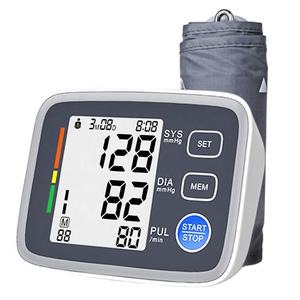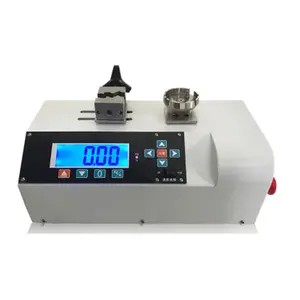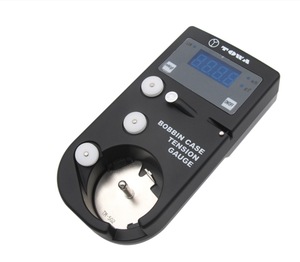Tension Gauge: An Introduction
A tension gauge is an essential instrument used to measure the force or tension of cables, wires, and other materials in various industrial applications. With its ability to provide precise measurements, the tension gauge plays a vital role in ensuring safety and efficiency in multiple sectors including construction, manufacturing, and engineering. Understanding the various types, applications, and benefits of tension gauges can significantly enhance operational reliability and accuracy.
Types of Tension Gauges
Tension gauges come in various forms to accommodate different measurement needs and applications. Here are the primary types:
- Mechanical Tension Gauges: These analog devices often use a spring mechanism to provide readings directly on a dial. They are reliable and cost-effective for general purposes.
- Digital Tension Gauges: Utilizing advanced electronic circuits, these gauges provide precise digital readings and often come with features such as data logging and Bluetooth connectivity.
- Wireless Tension Gauges: Designed for remote monitoring, these gauges communicate data wirelessly, making them ideal for hard-to-reach areas or extensive installations.
- Hydraulic Tension Gauges: Using hydraulic principles, these gauges are capable of measuring high tensions precisely and are often employed in heavy-duty applications.
Applications of Tension Gauges
The versatility of tension gauges allows them to be utilized in various scenarios across multiple industries:
- Construction: Used to ensure proper tension in cables and struts, maintaining structural integrity in buildings and bridges.
- Manufacturing: Critical for monitoring and calibrating the tension of wires in production lines, especially in electronics and automotive manufacturing.
- Telecommunications: Employed to maintain the correct tension in overhead and underground cables, preventing wear and tear on infrastructure.
- Aerospace and Defense: Used for testing the tension of rigging and other load-bearing components, ensuring safety and compliance with rigorous standards.
Features and Advantages of Tension Gauges
When considering the effectiveness of tension gauges, the following features and advantages stand out:
- Accuracy: Tension gauges offer exceptional precision, enabling exact calculations for safety and functionality.
- Ease of Use: Most tension gauges are designed for simple operation, allowing quick readings without the need for specialized training.
- Durability: Many models are built to withstand harsh environments, making them suitable for outdoor and industrial use.
- Portability: Compact and lightweight designs enable easy transportation, ideal for on-site measurements.
- Data Features: Advanced models come with data output options, enabling users to keep accurate records for analysis and reporting.







































